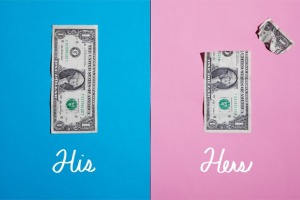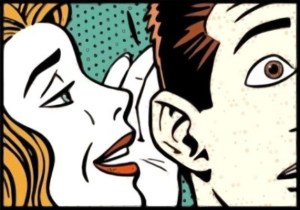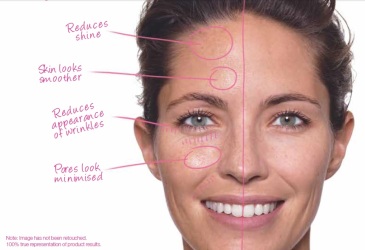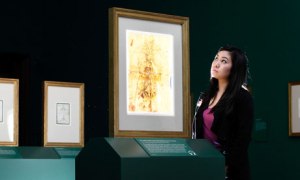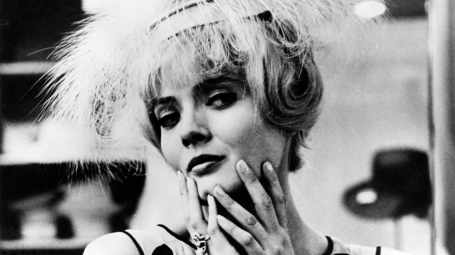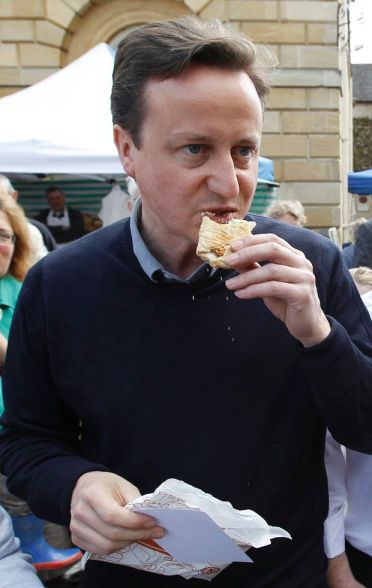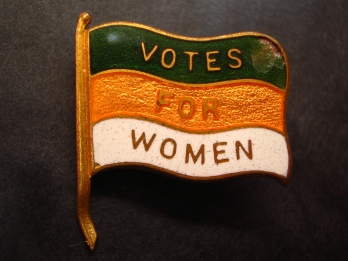
Looking at a chronology of when women were allowed to vote is truly astounding. It’s actually unfathomable to believe that Switzerland, the country with the highest nominal wealth per adult, with riches to feed prosperity and innovation, ONLY GAVE WOMEN THE OPPORTUNITY TO CHOOSE WHO SHOULD RULE THE COUNTRY IN 1971.
Money truly doesn’t buy wisdom. We call ourselves advanced and civilised in 2015, but this is also a fresh reminder of how new basic rights like the vote really are to women, and how far we still have to go to achieve equality.
Let’s have a look at the timeline:
- 1893– New Zealand – So it turns out that New Zealand has a pretty progressive track record. In the same year in Elizabeth Yates also became a mayor, the first time such a post had been held by a female anywhere in the British Empire. It’s amazing to think that they achieved rights for women 35 YEARS before Britain
- 1902 – Australia
- 1906 – Finland
- 1913 – Norway
- 1915 – Denmark
- 1917 – Canada
- 1918 – Austria, Germany, Poland, Russia
- 1919 – Netherlands
- 1920 – United States
- 1921 – Sweden
- 1928 – Britain, Ireland
- 1931 – Spain
- 1934 – Turkey
- 1944 – France
- 1945 – Italy
- 1947 – Argentina, Japan, Mexico, Pakistan
- 1949 – China
- 1950 – India
- 1954 – Colombia
- 1957 – Malaysia, Zimbabwe
- 1962 – Algeria
- 1963 – Iran, Morocco
- 1964 – Libya
- 1967 – Ecuador
- 1971 – Switzerland
- 1972 – Bangladesh
- 1974 -Jordan
- 1976 – Portugal
- 1989 – Namibia
- 1990 – Western Samoa
- 1993 – Kazakhstan, Moldova
- 1994 – South Africa
- 2005 – Kuwait
- 2006 – United Arab Emirates
- 2015– Saudi Arabia – women cannot vote in any elections whatsoever in Saudi Arabia and they can’t run for political office. Both powers will apparently be instated this year
- ? – Vatican City, Italy – (Not a country, I know). The Vatican City is a city-state ruled by a religious figure (a theocracy). Only cardinals under the age of 80 are allowed to vote and as women can’t be ordained as priests, women can’t vote. I thought religion was all about championing equality and understanding?
